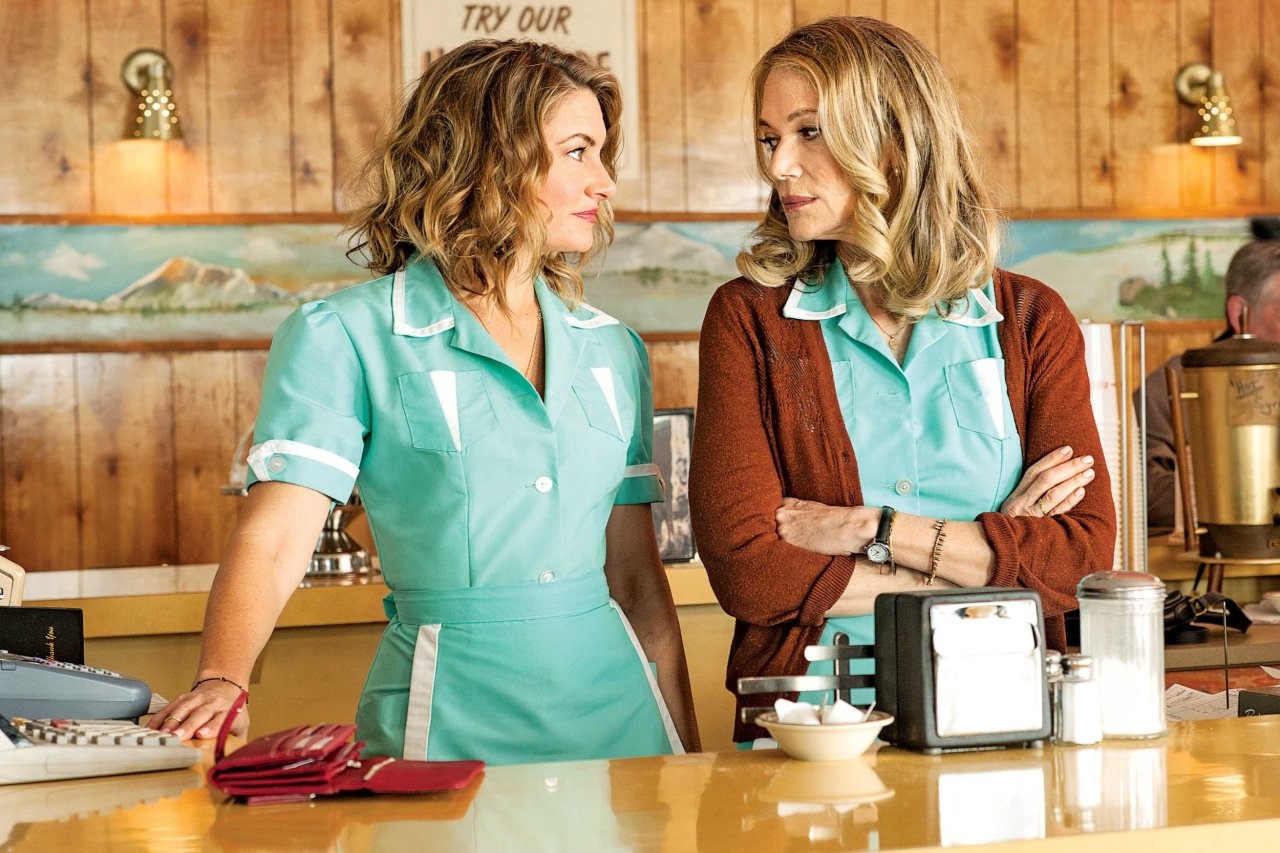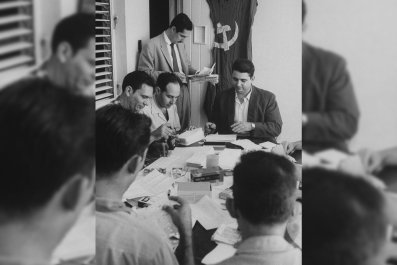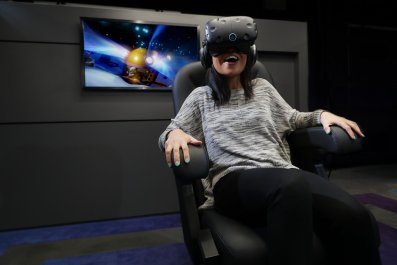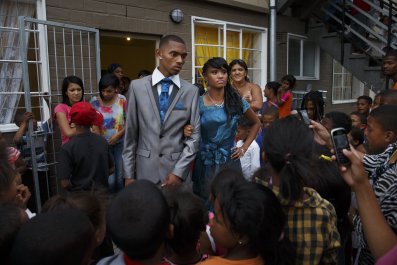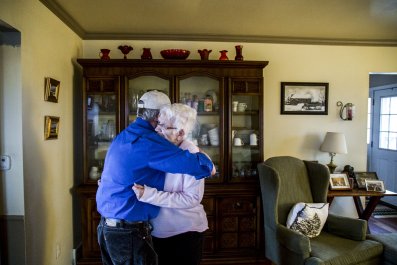It's one of the most eagerly awaited reboots in screen history. So was it worth the wait for the 21st-century update of Twin Peaks? David Lynch's 1990 TV series—in which Detective Dale Cooper investigated the homicide of homecoming queen Laura Palmer in the town of Twin Peaks, Washington—spawned a second series, a cult following and a feature film (Twin Peaks: Fire Walk With Me). More important, it redefined television drama, paving the way for the epic cinematic TV we now take for granted on HBO, Showtime and new platforms like Netflix and Amazon Prime.
The hype and anticipation around the two-part launch of this new 18-episode season were extraordinary, especially because Lynch had repeatedly sworn off the project. In the end, the return, released on Showtime, turns out to be a triumph: exciting, unfathomable in parts and somehow reassuringly unpredictable.
It is every bit as puzzling and challenging as the original series, with many familiar faces making up the cast and some amusing new Lynchian additions, like a talking tree that thinks it's an arm and a glass box that seems to attract psychotic poltergeists. This is television that loves to delay gratification: The whole point of Twin Peaks is that most of the time you have no idea what is going on. This would not be David Lynch if it didn't pose more questions than it answers.
Set 25 years after Laura's death, the timescale is nonetheless strangely vague. Time has clearly passed (characters acknowledge that it has been 25 years since anyone saw Agent Cooper), but it still doesn't quite feel contemporary (everyone uses landlines far more than anyone in real life). The original series was set in the late 1980s but always had the feel of a much earlier period. Here too there's a sense that this is not quite happening in any world that we know.
As viewers of the first two series will recall, there are now two Agent Coopers. (Fortunately, both are the excellent Kyle MacLachlan.) The "real" one—the "good" one—is trapped in the supernatural world of the Black Lodge. This is the legendary red-curtained room, a dream-like place where this Cooper receives visitations from strange characters offering seemingly indecipherable clues. All the old favorites are here: the Giant (Carel Struycken), the One-Armed Man (Al Strobel) and a delightful reappearance from a middle-aged Laura (Sheryl Lee). They are, as ever, all talking in mangled, recorded speech and saying cryptic things like "Is it future? Or is it past? Someone is here," and, "I am dead. Yet I live."
Meanwhile, the other, "bad" Cooper—his evil doppelgänger—is out in the world causing havoc. He now has long hair and a capacity for massaging people's jaws in a disturbing way. Looking like a reject from Spinal Tap, MacLachlan seems to be having a lot of fun with this role. He appears to be a hit man in a snakeskin blouse, acting on the instructions of a mysterious Phillip. And he is somehow implicated in the murder of the 2017 season's victim, Ruth Davenport.
The severed head of this poor lady librarian has been discovered on the pillow of her bed in her apartment in Buckhorn, South Dakota—a long with the headless corpse of an unidentified man beneath the covers. The fingerprints of the school principal, Bill Hastings, are all over the apartment. It's clear that the fallout from this murder will drive the narrative of this series and that it's somehow intertwined with Cooper's mission to escape the Black Lodge and destroy his doppelgänger—unless his evil alter ego gets to him first. But Lynch's work is not just about the fight between good and evil. It's about the very boundaries of sanity and identity.
The opening two-parter establishes this setup cleverly and convincingly, switching between locations, while throwing in a trawler's worth of red herrings. Far away in New York, a young man hired to watch the poltergeist-attracting glass box is distracted by a latte delivery, which leads to another bloodbath. In Buckhorn, the principal's wife knows more than she is saying. Back in Twin Peaks, the two brothers who run the hotel are fielding a guest complaint about a skunk. Deputy Chief Hawk of the Twin Peaks Sheriff's Department is taking cues from bizarre phone calls from the Log Lady and getting sidetracked by one-liners from his ditzy secretary, Lucy. And at the Bang Bang Bar, broody James (James Marshall) and the impossibly gorgeous Shelly Johnson (Mädchen Amick) are blinking dreamily to the beat of an electro band, just like old times.
This is an entertaining and intriguing return to form that will delight fans and maybe—just maybe—pull in a new audience happy to overlook the slow pace and random non sequiturs in return for a glimpse into Lynch's inimitable, magical, dystopian world.
The new series of Twin Peaks continues on Showtime (U.S.) and Sky Atlantic (U.K.); sho.com/twin-peaks.



